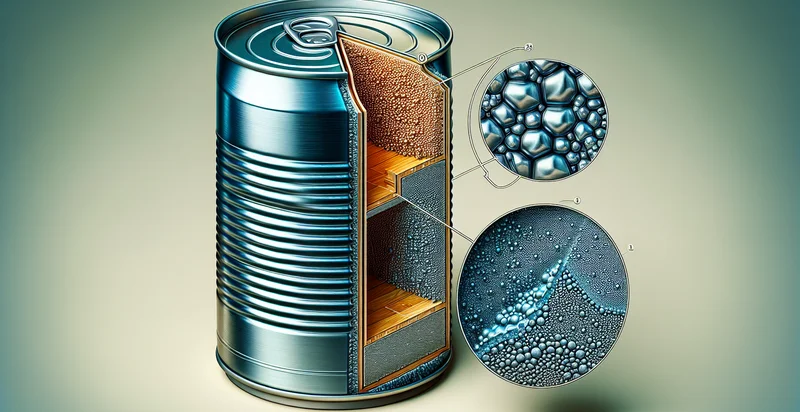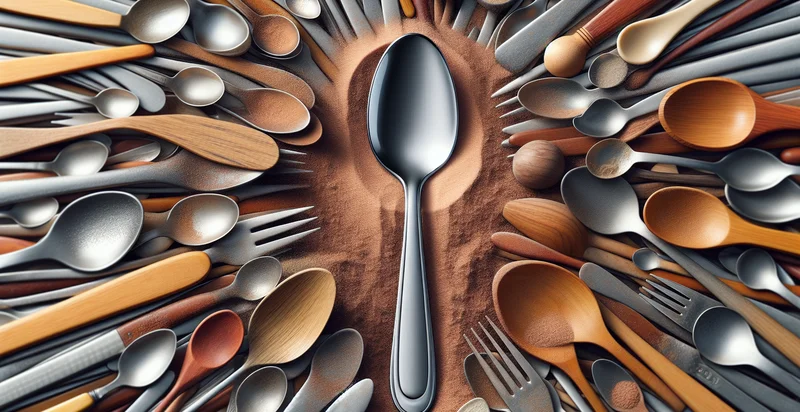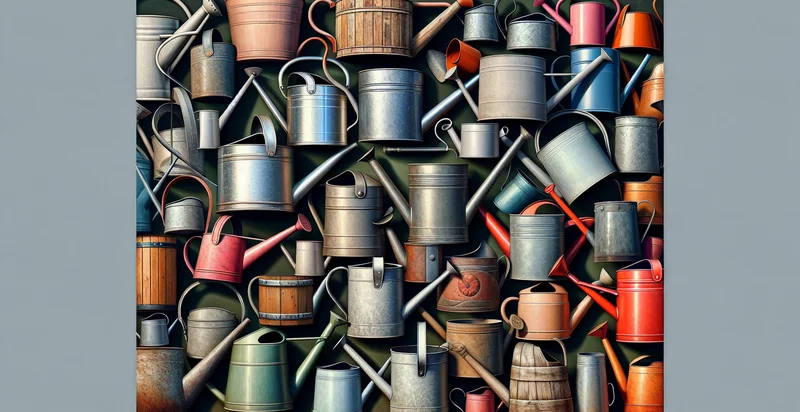Identify what material a can is made from
using AI
Below is a free classifier to identify what material a can is made from. Just upload your image, and our AI will predict what material a can is made from - in just seconds.

Contact us for API access
Or, use Nyckel to build highly-accurate custom classifiers in just minutes. No PhD required.
Get started
import nyckel
credentials = nyckel.Credentials("YOUR_CLIENT_ID", "YOUR_CLIENT_SECRET")
nyckel.invoke("what-material-a-can-is-made-from", "your_image_url", credentials)
fetch('https://www.nyckel.com/v1/functions/what-material-a-can-is-made-from/invoke', {
method: 'POST',
headers: {
'Authorization': 'Bearer ' + 'YOUR_BEARER_TOKEN',
'Content-Type': 'application/json',
},
body: JSON.stringify(
{"data": "your_image_url"}
)
})
.then(response => response.json())
.then(data => console.log(data));
curl -X POST \
-H "Content-Type: application/json" \
-H "Authorization: Bearer YOUR_BEARER_TOKEN" \
-d '{"data": "your_image_url"}' \
https://www.nyckel.com/v1/functions/what-material-a-can-is-made-from/invoke
How this classifier works
To start, upload your image. Our AI tool will then predict what material a can is made from.
This pretrained image model uses a Nyckel-created dataset and has 10 labels, including Aluminum, Bronze, Cardboard, Copper, Glass, Paper, Plastic, Steel, Tin and Zinc.
We'll also show a confidence score (the higher the number, the more confident the AI model is around what material a can is made from).
Whether you're just curious or building what material a can is made from detection into your application, we hope our classifier proves helpful.
Related Classifiers
Need to identify what material a can is made from at scale?
Get API or Zapier access to this classifier for free. It's perfect for:
- Recycling Efficiency: This function can assist recycling facilities in accurately sorting cans made from different materials such as aluminum and steel. By identifying the material type, operators can improve the efficiency of the recycling process, reducing contamination and increasing the quality of recycled materials.
- Product Quality Control: Beverage manufacturers can utilize this function to ensure that their cans are made from the correct materials during the production process. Implementing this classification can reduce instances of using substandard materials that could compromise the product's integrity or safety.
- Sustainability Reporting: Companies can leverage the identification of can materials to enhance their sustainability reports. By accurately tracking the types of materials used in can production and recycling, organizations can more effectively communicate their environmental impact to stakeholders.
- Consumer Education: Retailers can use this function to provide customers with information on the materials used in the cans they purchase. This can encourage more informed consumer choices, promoting recycling and sustainable practices through targeted educational campaigns.
- Supply Chain Optimization: Distributors can implement this technology to verify the material composition of the cans they receive from manufacturers. Ensuring that the correct materials are delivered can help streamline inventory management and reduce waste in the supply chain.
- Regulatory Compliance: Beverage producers can utilize this classification function to adhere to government regulations that dictate the use of specific materials in packaging. By automating the identification process, companies can ensure they meet compliance requirements more efficiently.
- Marketing Insights: Marketers can analyze consumer preferences for different materials used in can production. By understanding which materials are favored, businesses can adjust their marketing strategies and product offerings to better align with consumer trends towards sustainability and material preferences.


